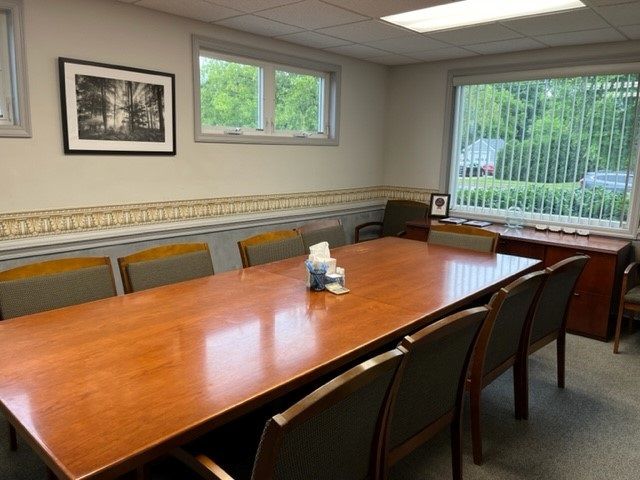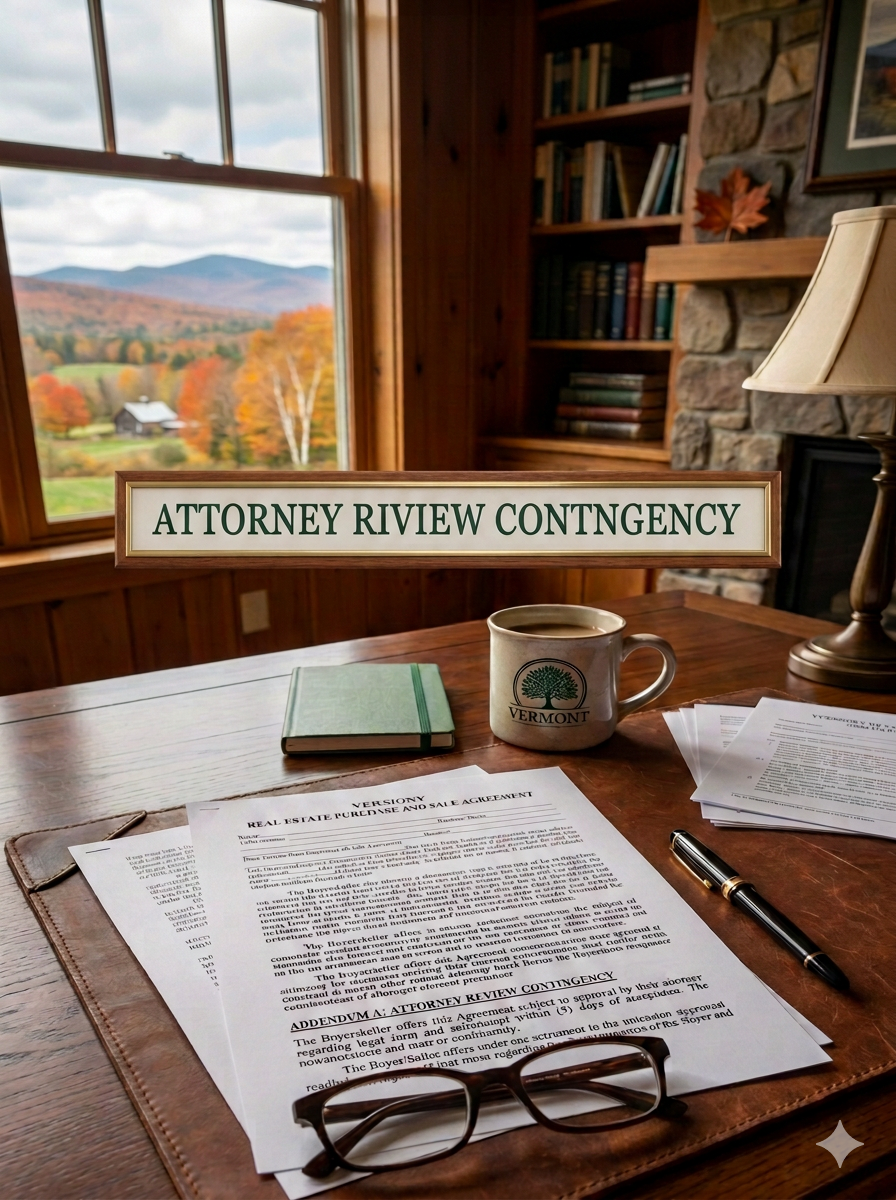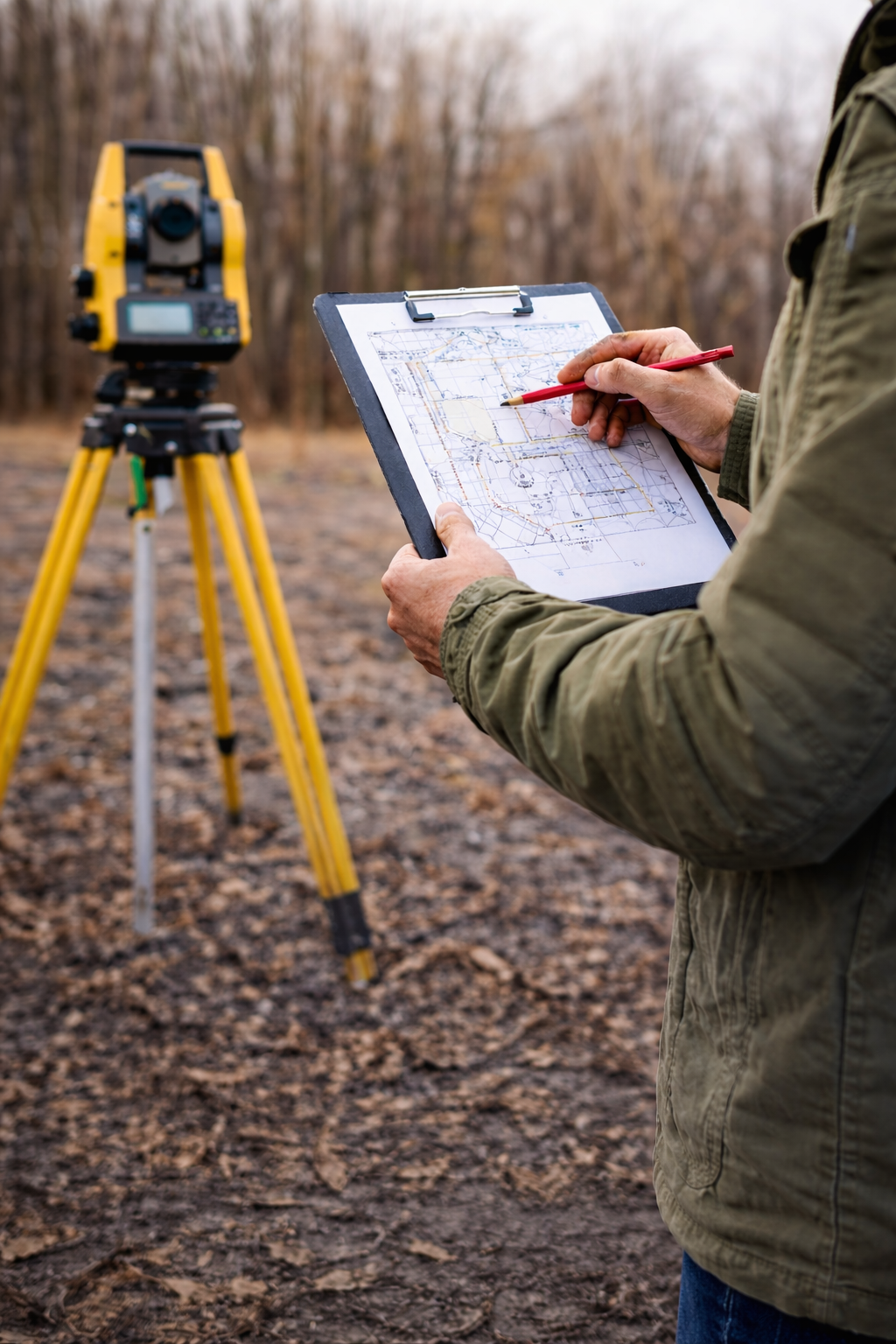Final Steps to Homeownership: Understanding What Happens at Real Estate Closing Table

If you're on the cusp of acquiring a home, congratulations are certainly in order. However, before you can move in, there's a critical milestone ahead: the real estate closing. Often deemed the final step in the property buying journey, a closing—also known as settlement or escrow in different parts of the U.S.—is where property titles pass from the seller to the buyer, and the transaction becomes complete. Let's walk through what you, as a buyer, can expect during the real estate closing process, including who's involved, the documents you'll encounter, and your role in this pivotal event.
Who's Who at the Closing Table?
- Buyer(s): That's you! You're there to provide necessary signatures and settle any remaining financial transactions.
- Seller(s): The current homeowner(s) transferring the property title to you.
- Real estate agents: Representatives from both the buyer's and seller's side may be present to ensure the agreement terms are met.
- Attorney(s): Lawyers representing you and/or the seller ensure legal compliance.
- Closing Agent: Often your attorney or the attorney for the the lender, responsible for conducting the settlement and ensuring accurate paperwork and transaction details.
- Mortgage lender: A bank or financial institution representative, or potentially a mortgage broker if one was used, ensures the mortgage agreement is adhered to.
The Anatomy of the Closing Process
The closing process, often lasting 30 to 60 days from contract to closing day, culminates in the closing event which generally takes an hour or two to complete. Here's what happens:
- Final Walkthrough: This often happens before the official closing meeting, ensuring the property's agreed-upon condition.
- Review and Sign Documents: You'll be presented with various legal documents to sign. Key documents typically include:
- Closing Disclosure (CD): A detailed outline of your loan, fees, and closing costs.
- Promissory Note: Your formal promise to repay the mortgage loan.
- Mortgage: This secures the promissory note and gives your lender a claim against the home if you fail to meet the terms of the mortgage note.
- Certificate of Occupancy: If you're buying a newly constructed home, this document states the home is compliant with local building codes and ready for occupancy.
3. Final Payments and Settlement: If you haven't already transferred the down payment and closing costs to the Closing Agent prior to the closing day, you'll do so at this time.
4. Title Transfer: The seller signs the deed over to you, and you officially become the homeowner.
5. Document Recording: The signed deed is sent to the local records office to be recorded, making you the official record owner.
After the Closing
With keys in hand, you can usually move into your new home right away, unless a different arrangement was established during negotiations. Keep all the paperwork you received during closing; it's crucial for future reference and for tax purposes.
Your Role in Closing
As the buyer, your job is to review all documents carefully and ask questions if you don't understand something. It's crucial that you understand every form you're signing. Don't rush through this process, as it's your final opportunity to address any issues or inconsistencies.
Conclusion
A real estate closing is more than a mere formality; it's a pivotal process requiring active participation from various parties. For buyers, it represents the culmination of weeks (or even months) of financial planning, document gathering, and negotiations. As exciting as this phase is, it's also complex, underscoring the importance of having seasoned real estate attorneys by your side. Experienced legal counsel can guide you through the nuances of real estate closing, ensuring a smooth, transparent transaction that paves the way to your new home's doorway.










